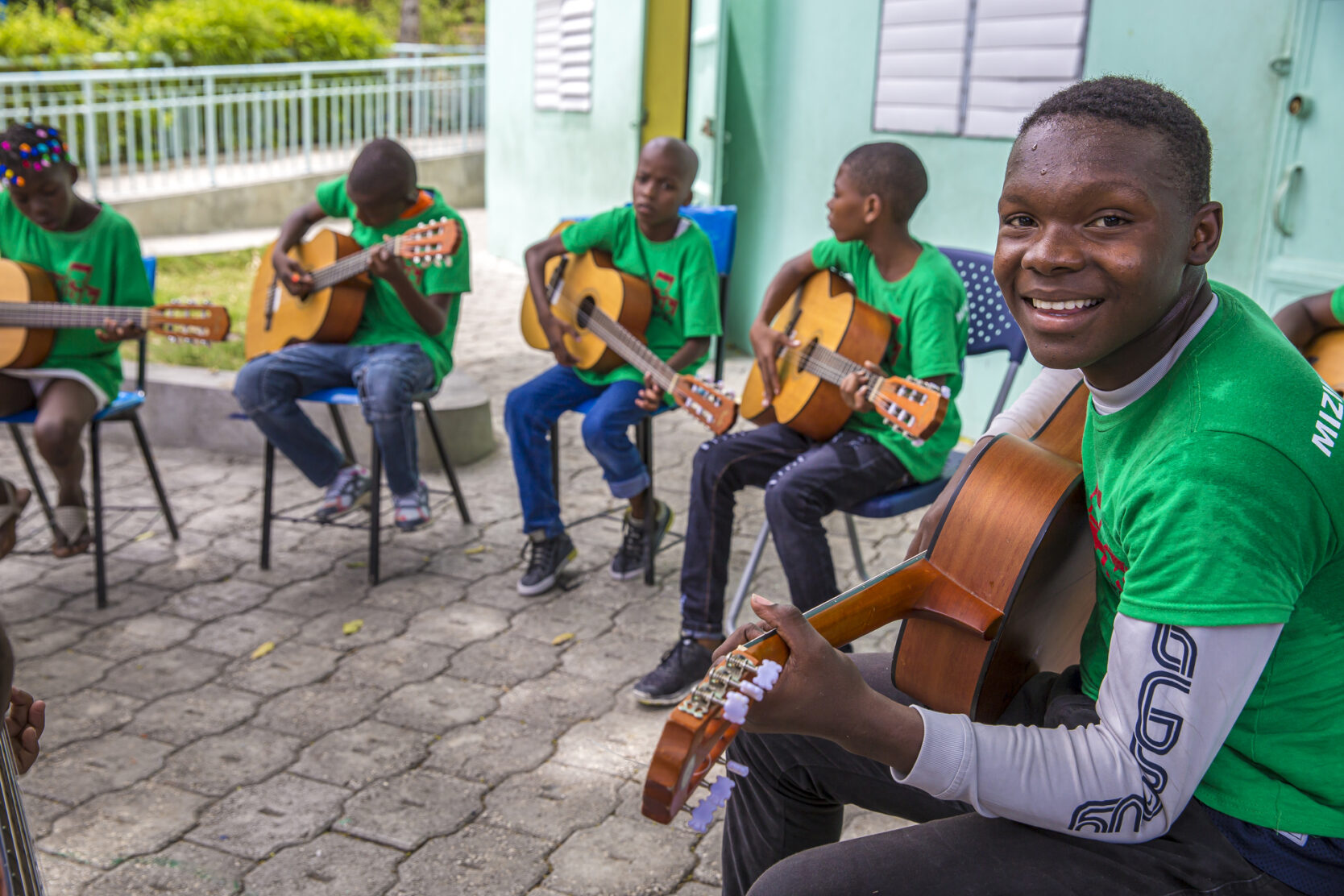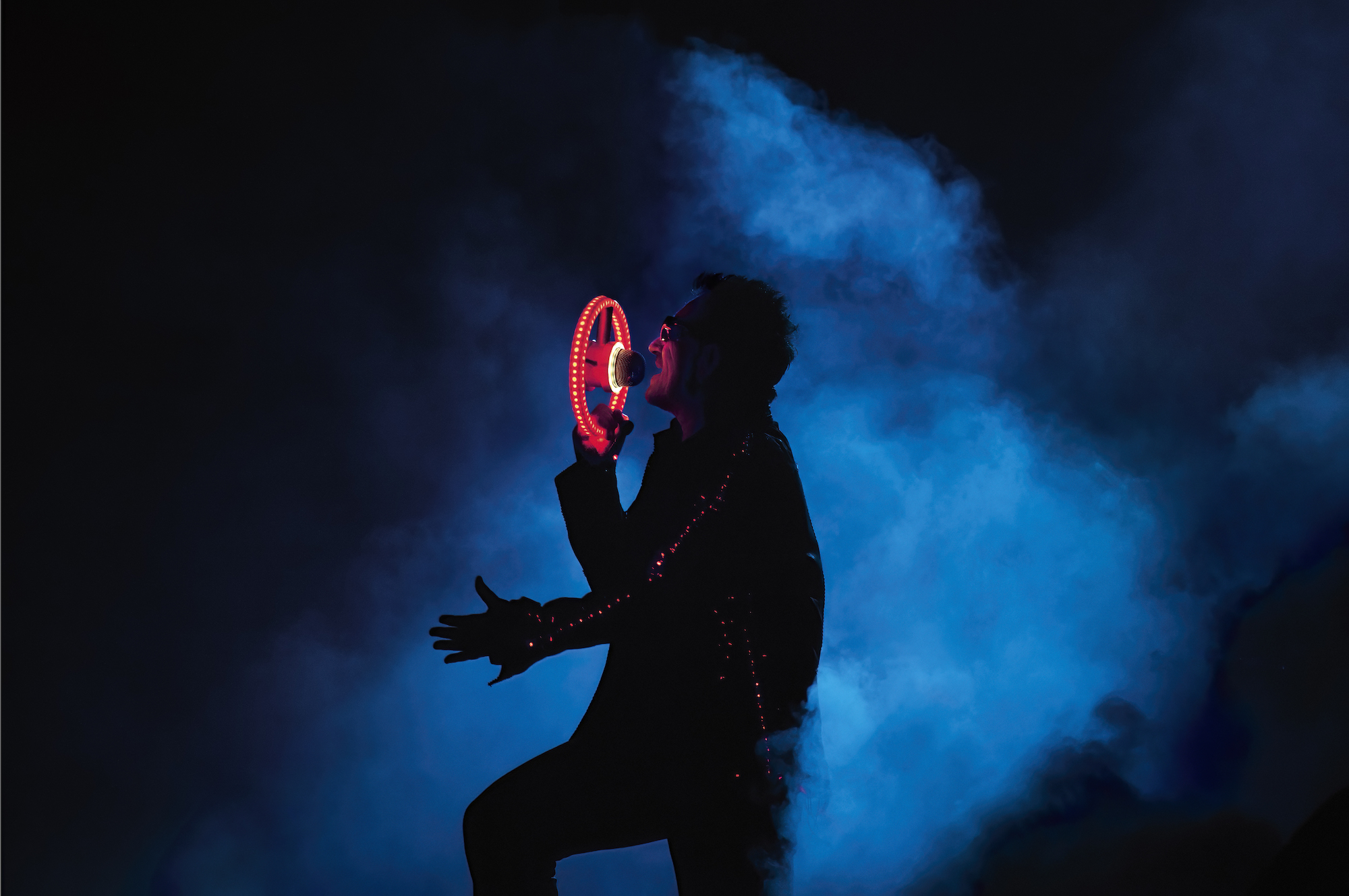On a quiet January evening in 2010, a 7.0 earthquake ravaged the Haitian capital of Port-au-Prince, killing more than 200,000 of its people. Amongst those who rushed to help were actor Sean Penn and Ann Lee, a lifelong humanitarian worker, dedicated to public service and international aid for more than 20 years, including work for the United Nations. Together they created Community Organized Relief Effort, or CORE, a nonprofit devoted to helping the more than 1.5 million Haitians affected by the earthquake’s aftermath, as well as other underserved, marginalized communities in crisis around the world.
“We are small but mighty and have a lot of heart,” Lee tells me, from CORE’s Los Angeles homebase. “I think our strength is that we’re more targeted about who we help, so we can’t address the hundreds of thousands of people who need help. We focus in on the thousands or the most vulnerable who get the least amount of support after a disaster, and we do it as comprehensively as possible.”
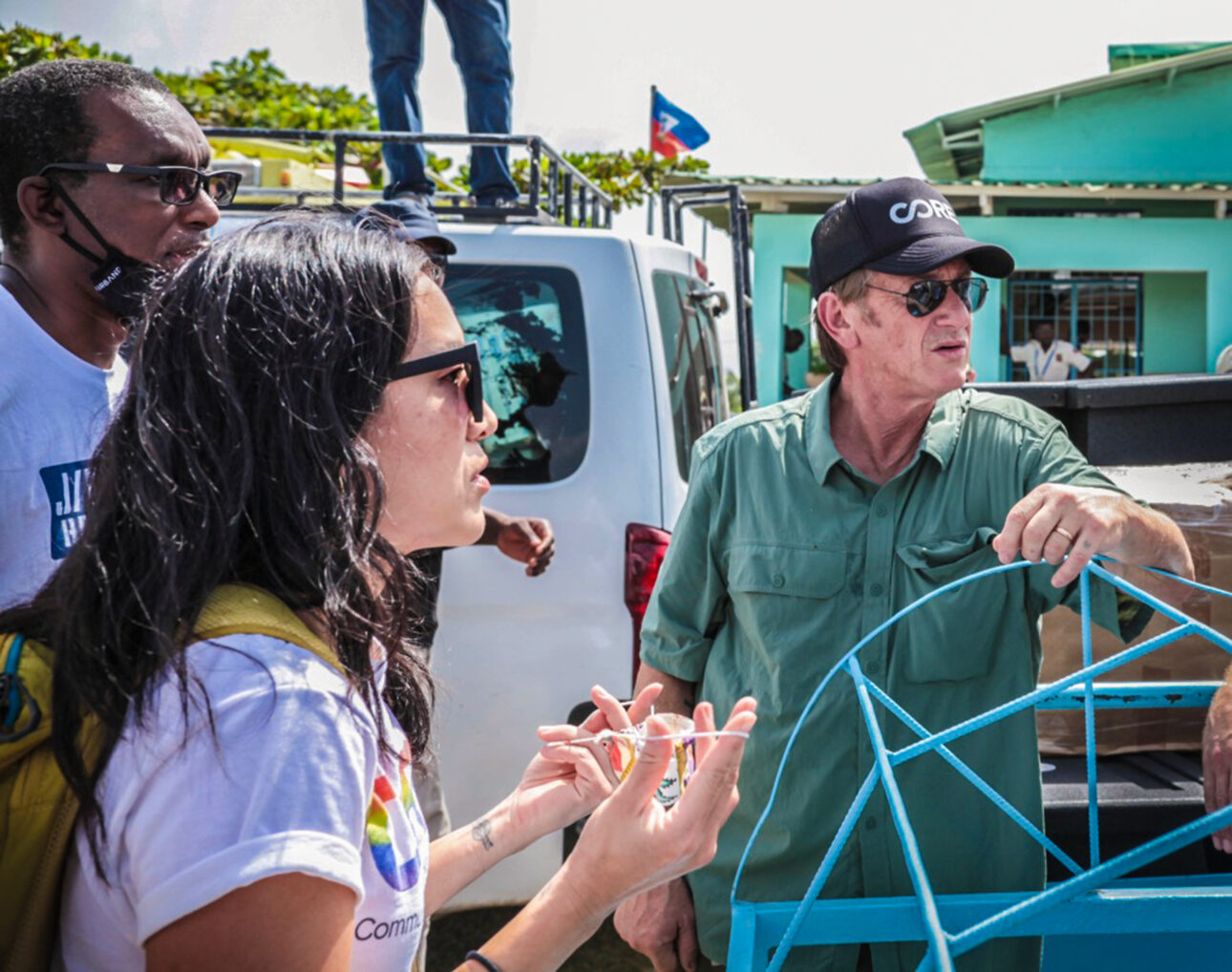
CORE not only helps clear away the debris and broken buildings, but they re-energize the area, bringing back the fundamental elements required for a healthy, living community. “It’s not just about having food and water and a roof over your head – you need life,” Lee says, of their holistic approach. “You need education, you need things that are fun to do, you need mental health support…you need the arts. When we respond to crises around the world, we need to be thinking about what impacts the quality of life for these communities.
“One of the things Sean and I really got attached to…was this idea that we need to get the people from these camps back out into the community,” she adds. “How do we do that?”
In Haiti, the quality of life for young people is severely impacted by the daily danger of local gangs who, according to the UN, control about 80% of the Port-au-Prince metropolitan area. Rape and kidnappings occur regularly, forcing parents to keep their children indoors. To provide an escape from their difficult realities, CORE funds an after-school music program that was founded in 2014 by Music Heals International.
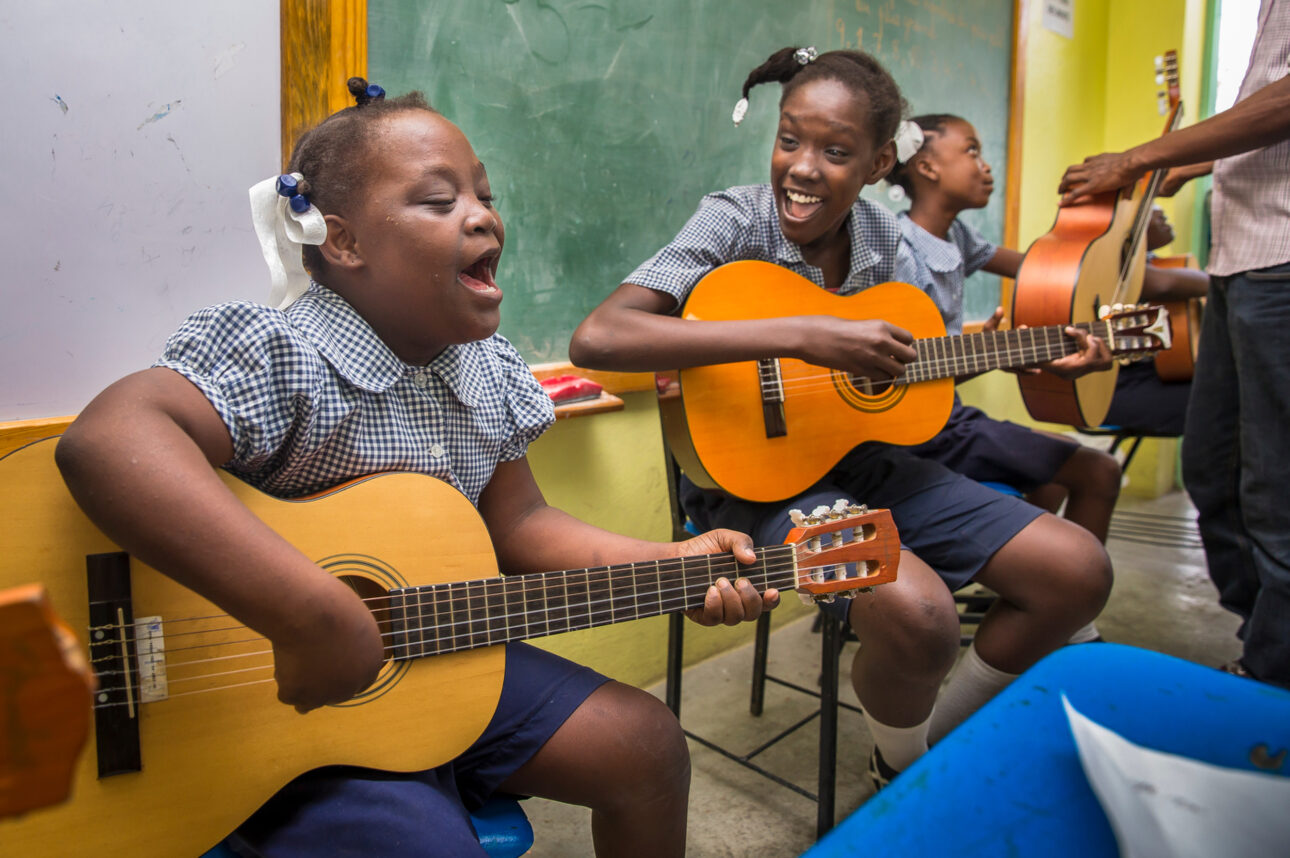
“The music program helps as a therapy for the youth in these difficult moments,” says Emmanuel Piervil, manager of the program. “Their testimonies and the songs they write express that. Music keeps their minds alive. They are not tempted to sit around doing nothing or get mixed up with bad influences on the street. On the contrary, they prefer to come practice their instruments, so they can improve and work toward their goals.”
After the earthquake, more than 60,000 Haitians were displaced and homeless. CORE founded the School of Hope to provide education, music, and a meal for children in the displacement camp. With 300 students, the school also offers a network of support for other schools in the area, including teacher training.
Lee says that in spite of the overwhelming adversity they face, the music they experience in the program has an illuminating, transformative effect.
“Imagine a place where it’s hard for kids to do anything…to just play outside and there’s no place to go. It’s one of the few outlets that they have,” Lee explains. “The school and the programs we do here are really an oasis for so many of these kids. It’s helping them cope with the realities of the day. When you bring in music…the kids transform.
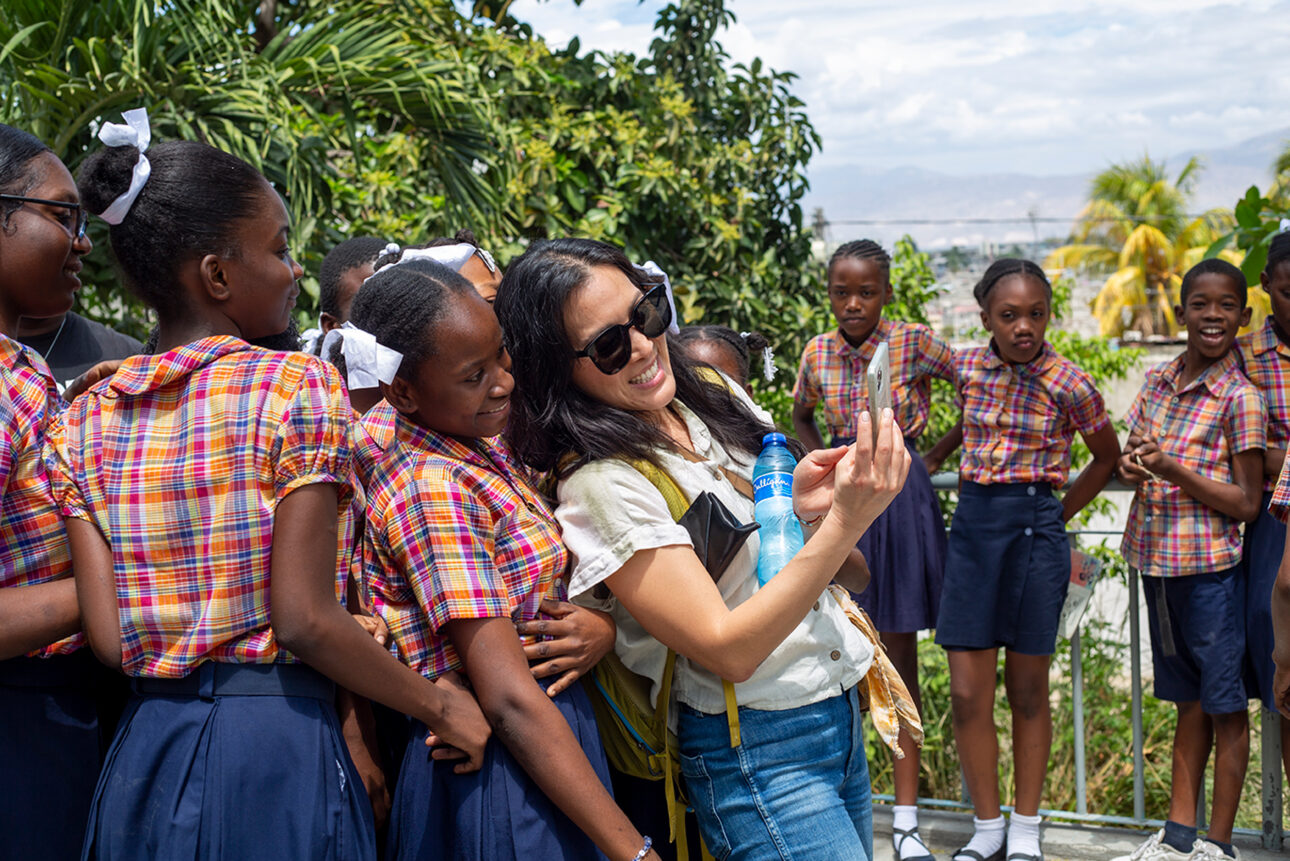
“It was a shock how it completely changed the kids’ testing scores and their behavioral problems,” she continues. “It’s become such a fundamental piece [of] their education because it has helped so much. It helped some kids become calmer, helped with anxiety, helped with some of anger and aggression.”
A major reason why CORE creates long-lasting change in places like Haiti is because they go after issues deeper than earthquake rubble.
“We take a very big social-justice lens in the work that we do because we know that whether it’s an earthquake or a hurricane or war there can be underlying issues of long-standing inequalities that have been just festering,” Lee says. “This makes certain groups of people a lot more at risk during these disasters than others. It’s always the poorest living in high-risk areas, like low-lying flood areas. And their access to assistance is harder because they don’t have the same networks or the capital or even information. It doesn’t make any sense.”
Even with deep, systemic inequalities rooted in the communities they work with, Lee and Penn are relentless, empowered by all of the expectations they surpass.
“We were told by experts that it would take 50 years to remove all the rubble in Port-au-Prince, but all that rubble was removed in four years,” Lee says proudly. “That’s what we learned and that’s always been a touchstone for us, like when COVID hit. Who are we, this tiny little organization with seven, US-based staff and [with] no experience in the health sector? But we figured it out by providing three million [COVID] vaccines and seven million tests around the United States – we were the biggest provider of testing and vaccines that was non-governmental. But because of what we accomplished in Haiti, we were like, ‘Fuck it. Let’s just jump in and figure it out and get people to join us.’
“Sean and I are two people who both look at a problem and are like, ‘Why not?’ It’s that audacity that, even if it feels so daunting, we can do it,” she adds. “We have this personality type where we just pick up a shovel and start digging. When you do that, you can do anything – that’s our ethos.”
But Lee is adamant that when they do pick up that shovel to help, it’s a result of the ambitious action and attitudes of those on the ground already, covered in dirt and dust, trying to gather the pieces of their destroyed lives.
“I remember when we had to take down these two and three-story buildings in the slums of Haiti – you couldn’t get heavy equipment into these little areas,” Lee recalls. “There were teams of 10 local people with pickaxes and sledgehammers taking those buildings down by hand. And we’re going to stand here and talk about how it’s going to be really hard? We’re following these communities and these people who are not waiting around for anybody to give them a hand.
“They figure shit out and that is so inspiring.”

